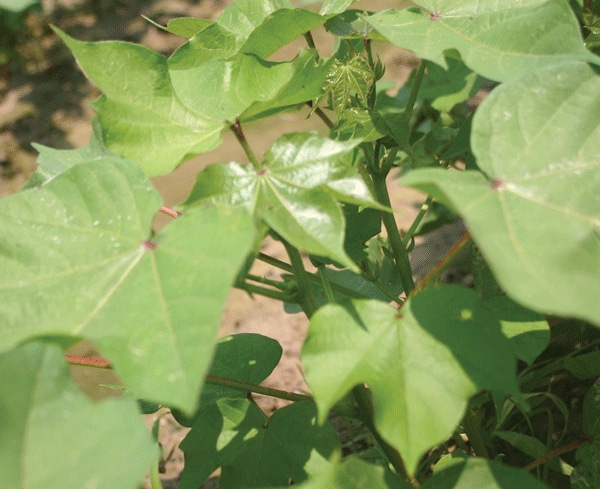
• Aldicarb is the active ingredient in the Bayer CropScience product sold as Temik, a granular pesticide used below the surface of the soil to control a variety of pests. • With cotton and peanut producers, including those in Georgia, having difficulty finding a replacement for Temik, North Carolina company Ag Logic has applied to register a pesticide containing aldicarb.
April 29, 2011

Stressing that the supply of aldicarb is crucial to aid Georgia farmers in their efforts at pest control, Georgia Farm Bureau President Zippy Duvall wrote to the Environmental Protection Agency requesting the re-registration of the pesticide.
Aldicarb is the active ingredient in the Bayer CropScience product sold as Temik, a granular pesticide used below the surface of the soil to control a variety of pests.
Bayer, the only company currently registered to manufacture aldicarb, announced in March it would discontinue production of methyl isocyanate (MIC), a key ingredient in aldicarb, at its plants in Woodbine, Ga., and Institute, W. Va. The Woodbine plant in Camden County has already shut down, and in 2010 Bayer voluntarily agreed to a plan to phase out production of aldicarb by Dec. 31, 2014.
The West Virginia plant was shut down for a reconfiguration, and as part of a lawsuit against Bayer by a group of local citizens, a temporary restraining order barred the company from resuming production. Uncertain when the case might be resolved, Bayer chose not to resume production at that plant.
With cotton and peanut producers, including those in Georgia, having difficulty finding a replacement for Temik, North Carolina company Ag Logic has applied to register a pesticide containing aldicarb.
Under Bayer's agreement with the EPA, all remaining uses of aldicarb will end no later than August 2018.
According to the Federal Register, Ag Logic's application is for permanent registration for use on cotton, dry beans, peanuts, soybeans, sugar beets, and sweet potatoes. Duvall urged the EPA to strongly consider re-registering the chemical, which is the most cost-effective way to control early season pests.
"Effective protection against early season insects is of prime importance to getting the crop off to a good start," Duvall wrote. "Aldicarb improves yield, quality and earliness of maturity."
Duvall noted that the state's cotton and peanut growers, who generate more than $1.1 billion in annual farm gate value, have depended on aldicarb as an important crop protection tool for 40 years.
Aldicarb reduces a grower's need for additional foliar pesticide sprays during the growing season. A single application at planting provides control of nematodes and insects for up to six weeks.
The public comment period for EPA's re-registration of aldicarb ends on April 29. To view the Federal Register notice, visit http://edocket.access.gpo.gov/2011/2011-6978.htm.
For background on the Temik situation see http://southeastfarmpress.com/peanuts/temik-fate-may-alter-crop-plans-2011. For how one specialist advises growers make use of the short supply of Temik see http://southeastfarmpress.com/cotton/specialist-target-nematodes-short-temik-supply.
You May Also Like



